Organic Eggs Size
Organic Eggs Market Growth Projections and Opportunities
The Organic Eggs Market is influenced by a myriad of factors that contribute to its growth and evolving dynamics in the food industry. One of the primary drivers of this market is the increasing consumer awareness and demand for organic and sustainably produced food products. As people become more conscious of their dietary choices and the environmental impact of food production, organic eggs have gained popularity due to their perceived health benefits and adherence to organic farming practices. The desire for eggs free from synthetic pesticides, antibiotics, and genetically modified organisms has fueled the growth of the organic eggs market, with consumers viewing them as a healthier and more environmentally friendly option.
Consumer preferences and lifestyle choices play a significant role in shaping the Organic Eggs Market. The shift towards healthier and more natural diets has led consumers to seek out organic alternatives, including organic eggs. The market has responded by offering a range of organic egg products, from free-range to pasture-raised eggs, catering to the diverse preferences of consumers who are willing to pay a premium for eggs produced under humane and environmentally conscious practices.
Economic factors, including disposable income and purchasing power, directly impact the Organic Eggs Market. While organic eggs are often priced higher than conventional eggs due to the costs associated with organic farming practices, economic stability and increasing disposable income can drive consumer willingness to invest in premium and organic food options. However, economic downturns may result in price sensitivity, with consumers potentially opting for more affordable alternatives during challenging financial periods.
Supply chain considerations and farming practices are pivotal factors in the Organic Eggs Market. Organic egg production involves adherence to specific standards and regulations, including the use of organic feed, access to outdoor spaces, and limited use of synthetic substances. The availability of organic feed, land for pasture, and sustainable farming practices all contribute to the overall supply chain dynamics, impacting the production costs and, consequently, the pricing of organic eggs.
Regulatory standards and certifications play a crucial role in shaping the Organic Eggs Market. Certification by organic standards organizations ensures that organic eggs meet specific criteria for production methods, animal welfare, and environmental stewardship. The trust instilled by these certifications is essential for consumer confidence, as it assures them that the organic eggs they purchase align with the principles of organic farming.
Health and environmental considerations are significant influencers in the Organic Eggs Market. Consumers are increasingly concerned about the impact of their food choices on personal health and the environment. Organic eggs are perceived as a healthier option due to lower levels of pesticides and antibiotics, along with the benefits of pasture-based farming practices. Additionally, the focus on sustainable and ethical food production resonates with consumers who prioritize environmentally friendly choices, contributing to the growth of the organic eggs market.
Cultural shifts and societal values also contribute to the dynamics of the Organic Eggs Market. The rise of ethical consumerism and the desire to support local and sustainable agriculture have propelled the demand for organic eggs. As consumers become more attuned to the social and environmental consequences of their purchasing decisions, the market responds by offering organic eggs as a conscientious choice for those seeking to align their values with their food consumption.
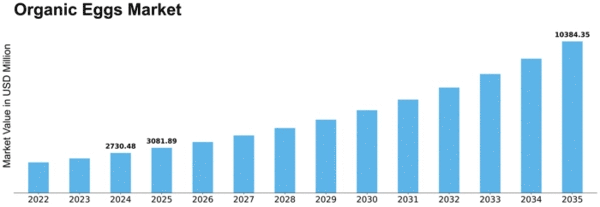


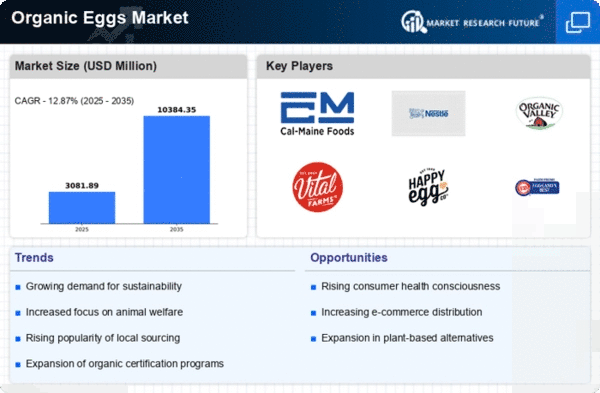
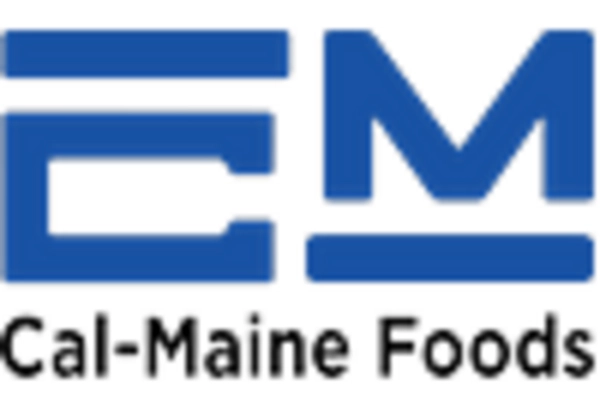
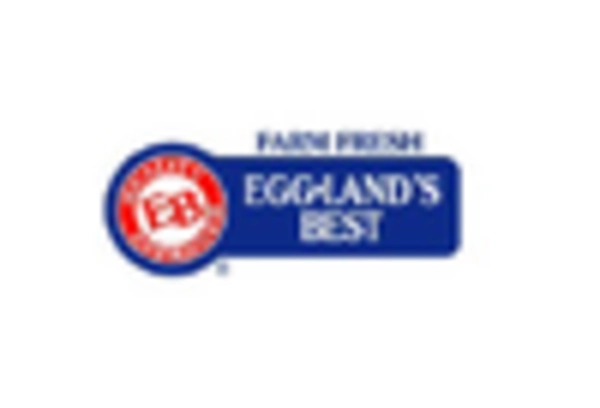


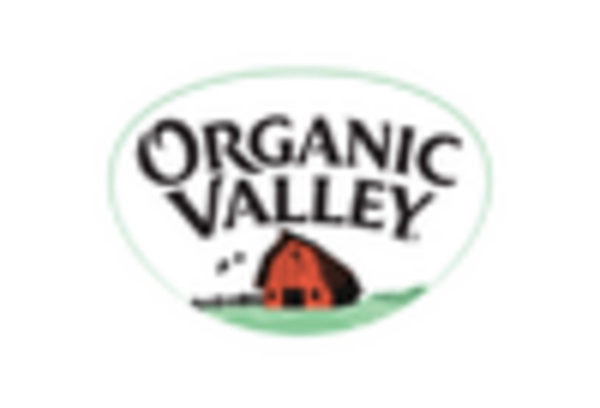
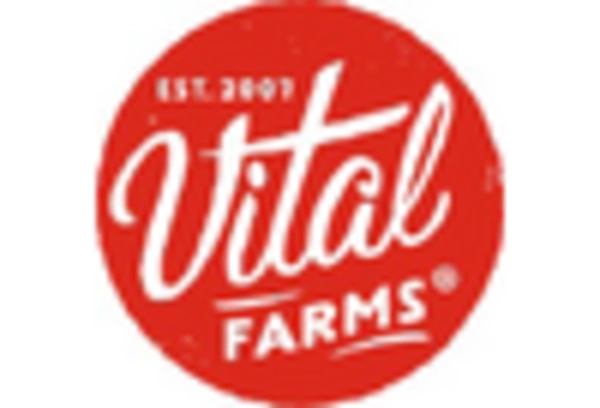









Leave a Comment